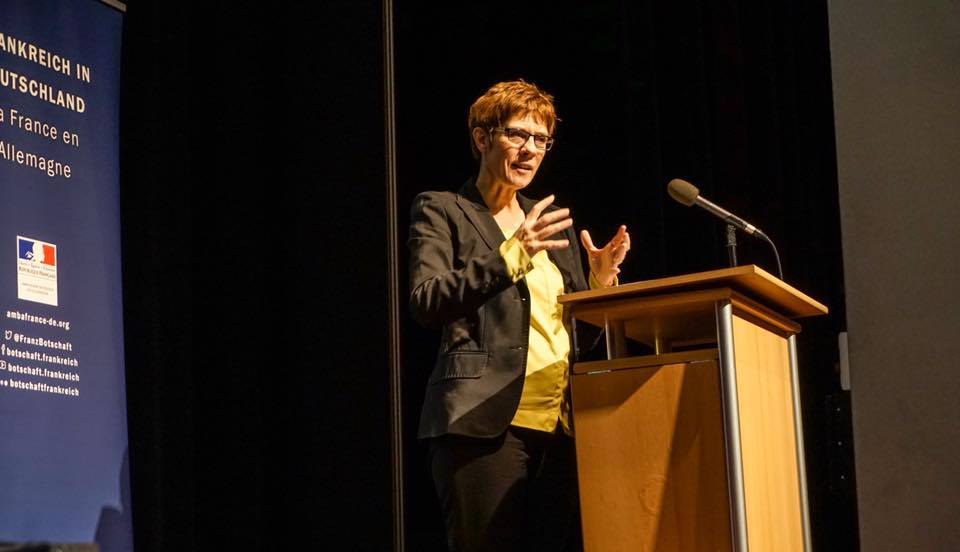By Jiří Hanuš, professor of history at Masaryk University and member of the Board of directors at Pravý břeh.
Czechia – Although our small nation gained state sovereignty in 1918 – on October 28, ed. -, it slipped away from our hands again because of many historical shocks of the 20th century. Especially in February 1948, Czechoslovakia completely lost its autonomy, or rather kept it as a façade and became a Soviet vassal behind it. Our state then accepted all the features typical of the most brutal colonies in Africa and Asia, while the Soviet Union exceeded all ambitions of the colonial powers in the modern era.
Our sovereignty was eventually restored in 1989. It was a result of the Velvet revolution, which had an often-emphasised humanist ethos, but it is beyond question that for the people, the aspect of sovereignty was no less significant at that time. It is no coincidence that the Czechs mention the year 1989 in connection with the year 1918, two key references to the restoration of state independence.
Milan Kundera, one of the most well-known Czech authors, published an important essay on 1 August 1968. It was titled “The Little and the Big” (Malý a velký) and it argued ironically against the officially promoted belief of a mutual equality, brotherhood, and eternal love between the small Czechoslovakia and the large Soviet Union. The author convincingly refuted the pointless claim of equality in which the Communist nomenclature was believing. He also wrote the following sentences: “For a small nation, the question of being and non-being is always open. Sovereignty is their eternal effort, duty, and struggle. Only the nation who passionately desires to live on own terms, in its own way, only such a proud nation, for whom only an independent life is worth living, deserves to live and be; and only such a nation endures.”
If we ignore a somewhat pathetic Kundera’s phrasing, how come that 29 years after the Velvet Revolution, his words sound so much relevant? The reason is that the Czech Republic is unfortunately in a similar situation as Czechoslovakia fifty years ago. No, I do not want to say that history repeats itself, that the Czech Republic is today’s Czechoslovakia and the European Union is today’s Soviet Union. Because clearly, they are not. And yet, there are similarities that need to be taken seriously. We should not regard the European Union as the peak of social development. We should not forget that it is just a political and economic club which may reach either good or bad decisions. As any institution, it may prosper or fall. And it is essential to know what ideology this club shares, whether conservatively-liberal or socialist, because it has practical implications. The current situation, compulsory centralisation combined with the left-wing agenda, does not offer much hope for the future.
A small nation should treasure what Kundera wrote; we should repeat it as our mantra every morning, noon, and evening. Our legislators should commence and conclude every Parliament’s session with it, while the Parliament is still free. Sovereignty is the key word that we need to think about and which we need to accomplish. No doubt, this will be difficult in the near future because we have given up a part of our sovereignty with the Lisbon Treaty, as unfortunately several times during the last century.
That is why it is necessary to insist on a national political consensus, the opposition to the current European ideological mainstream which has been illustrated so well by the recent refugee crisis. This position is extremely hard to explain: We are not refusing solidarity, we are against a false understanding of solidarity. We are not rejecting problem solving, we are opposed to exporting the problems to new places. And if we truly are a sovereign state, we have the right to decide what will happen on our territory.
However, the awareness of the importance of national sovereignty cannot be commanded. The nations were not born when somebody told them so but when people started to love their countries and work or even suffer for them for this reason. Every time I start to doubt this, I read Milada Horáková’s last letter from the Communist jail before she was executed: “Everything is born in pain, everything has to be paid for. If my destiny is the much-needed manure for the land, then it was not in vain. You know best how much I loved this piece of world where my country is.”
I am not that naive to think that most people are willing to learn. However, it is possible to learn from the past, at least theoretically, but it is intellectually strenuous and requires attention and humility. It is not true that history repeats itself automatically, but it is not true either that the past has no relation to the present. The truth is somewhere in the middle. Moreover, it is not just the question of the truth but also of the will to accomplish it. So how was the mantra again? “Only such a proud nation, for whom only an independent life is worth living, deserves to live and be; and only such a nation endures.”



